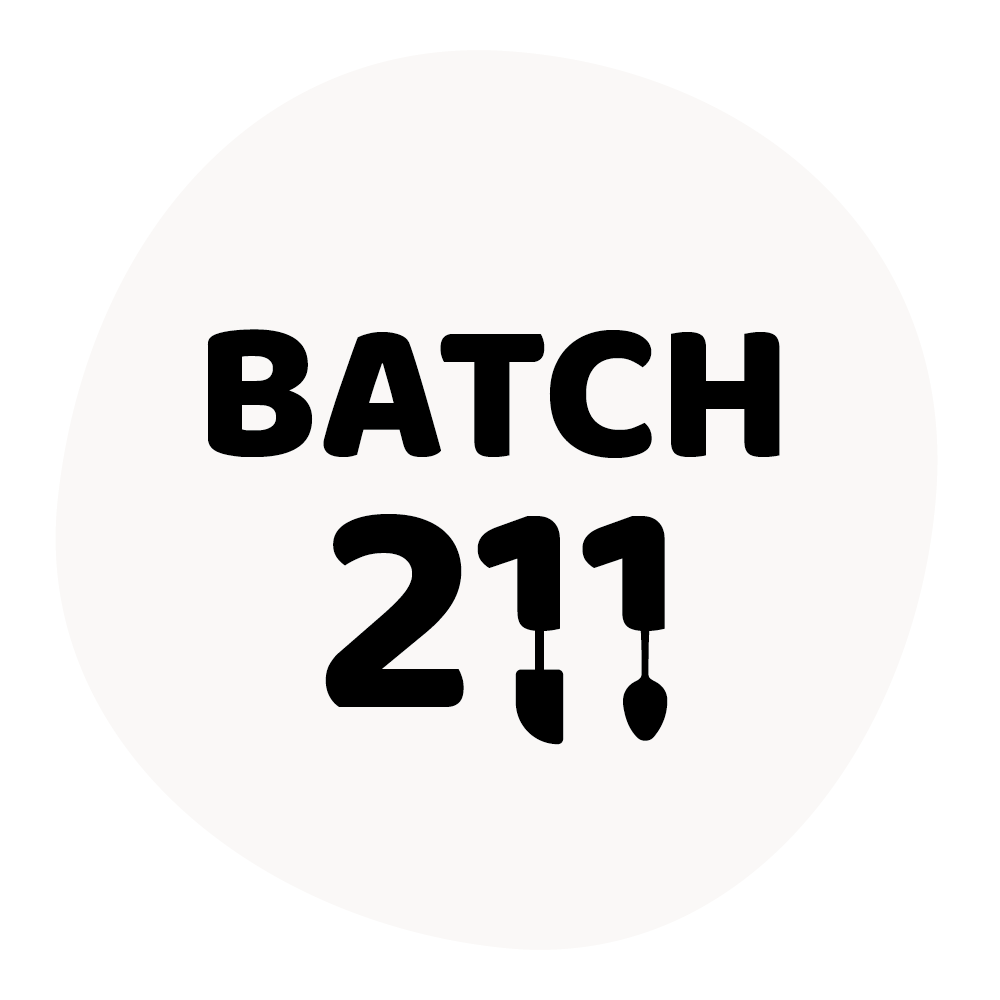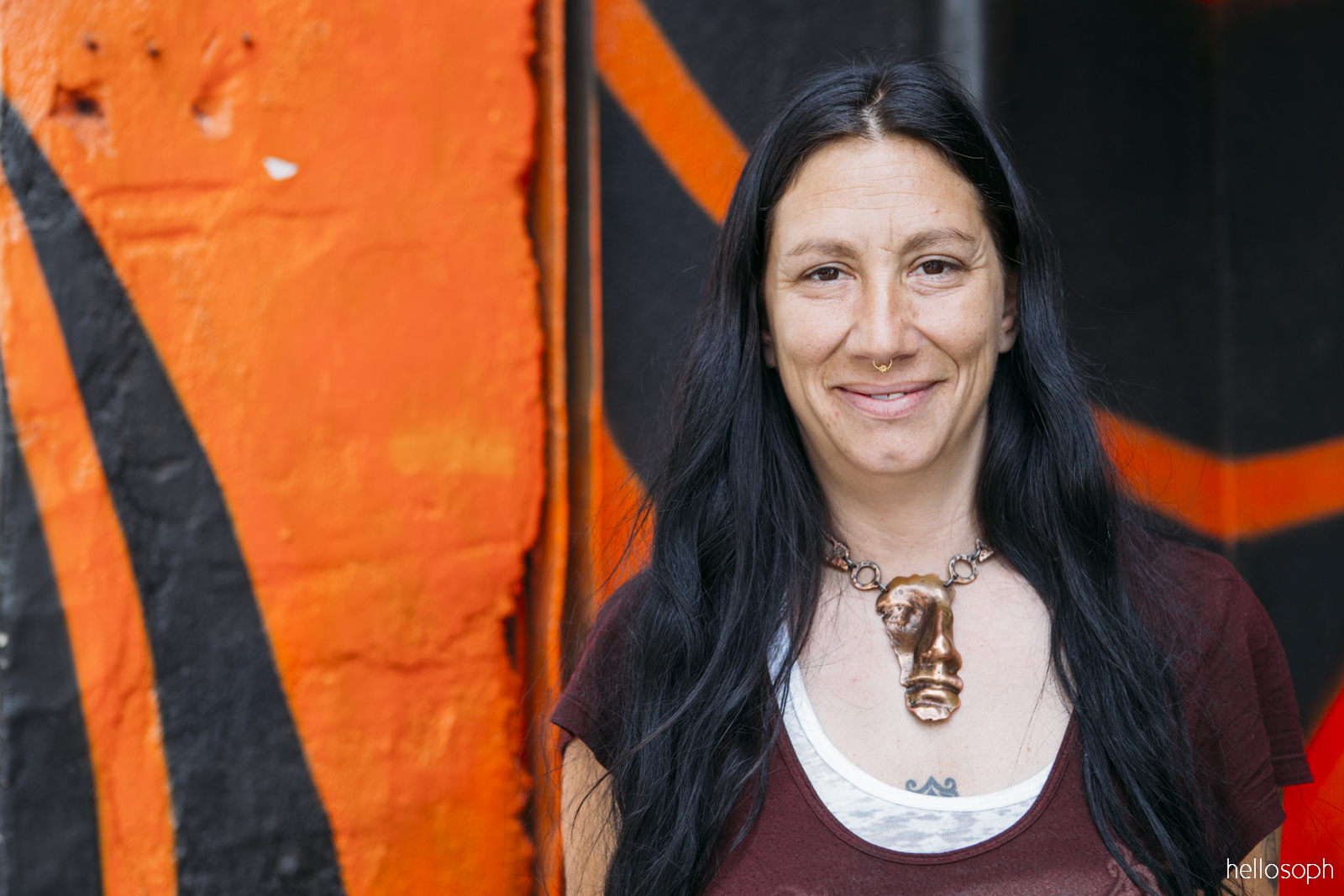“I am Native American. I am Choctaw from Oklahoma. We are originally from North Carolina, and then my family walked the Trail of Tears, which was this very devastating kind of Holocaust, in its own, to relocate the natives of North Carolina to Oklahoma. Yeah, so that’s how we ended up in Oklahoma.
I work in film, in television. And really, you have a choice between New York, LA, or Texas, and so, I picked LA. I like the sun.
I think I was always a creative person. I was a writer, and then I became a photographer, but then my images seemed trapped. I wanted them to move. So I went into film where they were allowed to have more space. I did like a lot of shorts, and they were – they had indigenous themes usually. Somehow the character was either native or dealt with some sort of native issue. I seem to be drawn towards that a lot or any kind of social justice … or anything … activism. Using film as an activism tool.
Film. And poetry. And dance. All of it. Expressing myself in any way I can creatively. Anytime anyone gives me a chance to do it. I guess I really like film. I mean, I think it really incorporates everything together. You know, it’s – film is – amazing writing, amazing acting, amazing photography – cinematography, amazing composition. There’s costume designs, set designs. Extreme composition, where it can look like a photograph. There’s emotion, there’s soundtrack, there’s music, there’s movement. There is, I mean there’s everything – there’s props. Yeah, so I think it’s a great way to incorporate all those things together.
I think [film]’s challenging for anyone. It’s a giant group effort. And it’s the most expensive hobby you can have. So I think in that way, I think being a female, makes it difficult as far as really getting out there. You just gotta have faith.
I think I seem to always write about the power of imagination. How profound it is to pull you out of really dark spaces. Well, I think that, as an example, it’s the child’s mind. It’s – until we’re told that something is not okay, we think it’s okay. And we’re like, we get to exist in that imaginative space. Do you know what I mean? And there’s so many different cultures, so many different wrongs and rights, rules, and morals, and ethics. So I think it’s just about that. It’s about existing in that space at all possible times. Using creativity as a tool or means to push you through a hard time.
I think my formative years were very different from most people’s, and I think it’s because we learned things that people, not until they’re grown adults – and I mean grown adults – then they go searching for these things and find them. And we’re nurturing those things at two years old. Just the idea of: it’s not ‘to each his own.’ It’s our tribe, all together. We honor our earth. We honor our elders. These kinds of things don’t happen in America. Well, we seem to really, poorly mistreat our elders here in America. And that’s not how our people were raised. We nurture intuition, and psychic abilities, and dreams, and all of these are of significance. Whereas, in Western culture, that’s not even talked about. It’s considered foo-fooey, or 51/50. We learn that there is no such thing as to each his own. That no matter who you are, even if you are the CEO of your own corporation, you’re relying on your board to not kick you out. You’re relying on your payroll company to pay your employees. You’re relying on your insurance to follow through. You’re relying on your doctor to make sure he knows what he’s doing. You’re relying on your soldiers to make sure you can walk down the street with the keys to your Lamborghini. There is no such thing as ‘I did it all by myself.’ ‘I got here all by myself.’ There’s no such thing.”
Excerpt may be edited for clarity.

